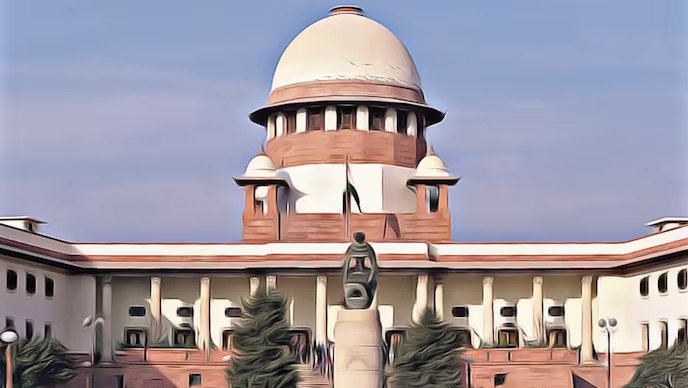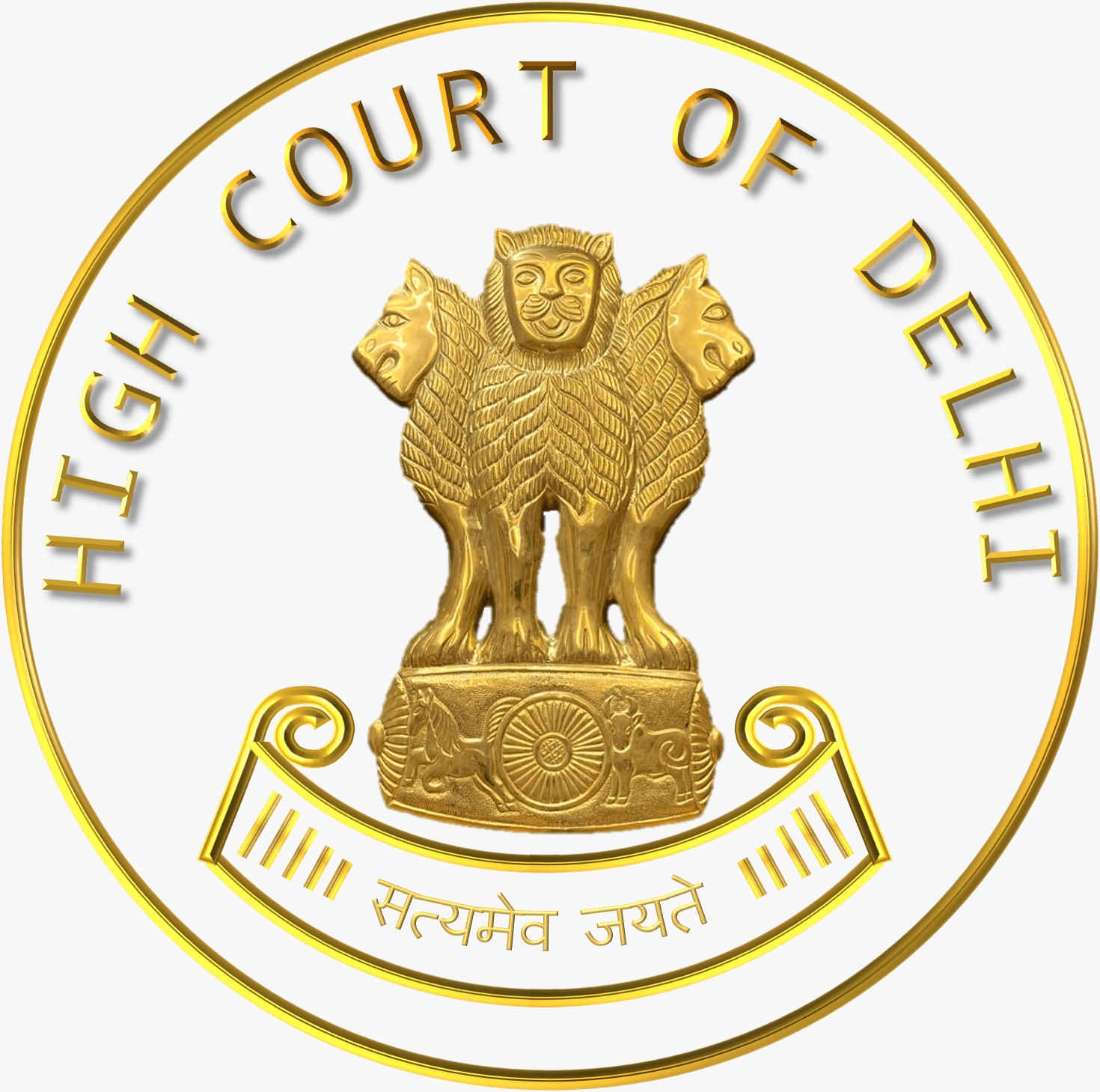1. "The king can do no wrong" is the burden of song in this appeal filed by the Government of India and one of there servants, Lakharam Shama Sawar (hereinafter referred to as "defendants 1 and 2" respectively). Article 300 of the Constitution is a point in reference.
2. The short facts, relevant for the purpose of disposal of this appeal, are as under:-
The three respondents (hereinafter referred to as "the plaintiffs") filed Special Civil Suit No.114 of 1973 in the Court of the learned joint civil Judge, Senior Division, Ahmednagar, for recovery of Rs. 11,000/- with interest and costs against the defendants on the allegation that their father Tirtharam Biharilal Dutta, aged about 66, a retired Subhedar of Indian Army, was fatally knocked down on 8th Jan. 1973 at about 3.30 p.m. when he was proceeding towards his kirana shop from his residence along nagar- pathardi road , ahmednagar, by defendant 2 while driving military vehicle No. TUD/ 44520. According to the Plaintiffs, the deceased was aman of sober habits and maintained good health and sound Physique and could have lived further life of about 15 years. He was getting Rs. 72.50 as monthly pension and was earning Rs. 150/- from his Kirana business. Therefore, their family suffered a loss above Rs. 25,000/- but they restricted the claim to Rs. 11,000/-.
3. The suit was resisted by the defendants on various grounds but one of the contentions in their defence was that Government of India is immuned from all the liabilities for the tortious acts committed by their servants in the exercise of their soverign functions and by reason of such absolute immunity they were not responsible for any injury caused to any one. Thus, "sovereign immunity" was the core of the defence.
4. On the pleadings before him, the learned trial Judge framed appropriate issues. And on the evidence, he held that Tiratharam''s death was caused as a result of rash and negligent driving of the vehicle in question by defendant 2during the course of his employment with defendant 1 and therefore defendant 1 is liable for the act of defendant 2. However, the learned trial Judge was the view that the plaintiffs suffered a loss only to the tune of Rs. 4,800/-. Thus the learned trial Judge negatived the plea of the defendants of "sovereign immunity". He accordingly decreed the plaintiffs'' suit partly and ordered the defendants to pay 4,800/- to the plaintiffs with interest at the rate of 6% per annum from the dat of the date of the suit till recovery and proportionate costs by his judgement and order dt. 29th August, 1975.
5. Being aggrieved, defendants 1 and 2 filed the present appeal.
6. Mr. Tasted, learned Advocate appearing on behalf of the defendants, canvassed only one point for my consideration that Government of India is not liable for the tortious act of defendant 2 as the fatal accident had taken place in the course of the exercise of the sovereign function. Mr. Shah, learned Advocate appearing on behalf of the plaintiffs, urged that the plea of "sovereign immunity" is not available to the defendant as at the time of the accident defendant 2 was not performing the sovereign functions.
7. Now, the law as to the "sovereign immunity" is well settled. Thus in cas of
"The second part of Art. 300 defines the extent of liability of the State to be used by the use of the words ''in the like cases'', although the first part of it deals only with the nomenclature of the parties to a suit or proceddings, and refers back for the determination of such cases to the legal position before the enactment of the Constitution.
In that case where the driver of a jeep, owned and maintained by the State of Rajasthan for the official use of the Collector of a district, drove it rashly and negligently, while bringing it back from the workshop after repairs and knocked down a pedestrain and fatally injured him. It was held that the State can be made vicariously liable for the tortious act, like any other employer. It was further held that there could be no difficulty in holding that the State should be as much liable for tort in respect of a tortious act committed by its servant within the scope of his employment but wholly dissociated from the exercise of sovereign powerrrs, as any other employer.
8. The supreme Court then in case of
"It will be recalled that this doctrine of immunity is based on the common law principle that the King commits no wrong and that he cannot be guilty of personal negligence or misconduct, and as such cannot be responsible for the negligence or misconduct of his servants. Another aspect of this doctrine was that it was an attribute of sovereignty that a State cannot be responsible for the negligence or misconduct of his servants. Another aspect of this doctrine was that it was an attribute of sovereignty that a State cannot be sued in its own Courts without its consent. This legal position has been substantially altered by the Crown Proceedings Act, 1947 (10 and 11 Geo 6 c 44)".
Their Lordships of the Supreme Court further observed :
" Our only point in mentioning this Act is to indicate that the doctrine of immunity which has been borrowed in India in dealing with the question of the immunity of the State in regard to claims made against it for tortious acts- committed by its servants, was really based on the common law principal which prevailed in - England; and that principle has now been substantially modified by the Crown Proceedings Act. In dealing with the present appeal, we have ourselves been disturbed by the thought that a citizen whose property was seized by process of law, on the ground that his property has not been returned to him, that he can make no claim against the State. That,, we think, is not a very satisfactory position in law."
9. The Kerala High Court in case of
10. The Punjab and Haryana High Court in case of
"Before parting with this aspect of the matter, it must be observed that it does not behavethe State to seek cover under the plea of sovereign immunity merely to avoid liability for the consequences of the negligence of its servants. Such a plea is wholly out of place in a welfare State, in a case like the present where instead of providing for the needy, left so by the acts of its servants in the course of their employment, the attempt is to look for immunity founded upon the dubious privilege of the injured or the deceased, as the case may be, being run over by a vehicle engaged in the discharge of the sovereign functions of the State."
11. In the instant case, evidence of defendant 2 shows that on the relevant day and at the relevant time, he was driving the vehicle in question to collect tents from the our-door training place and bring them to the regiment when the accident took place. Mr. Tasted submitted that from this evidence it is clear that no private vehicle could go to the military stores or to the military regiment and, therefore, defendent 2 was carrying out the sovereign functions. In reply, Mr. Shah has very rightly submitted that the particular duty which defendant 2 was carrying out in the military area could have been very well carried out by any other private contractor also without any material detriment to the military stores and, therefore, it cannot be said that defendant 2 was carrying out the sovereign functions. Thus according to Mr. Shah, the act of driving the vehicle in question to the defendant 2 was not the act referable to the exercise of the sovereign powerrrs delegated to the public servant.
12. In this view of the matter and the settled principle of law on the point, let me say that gone are the days when the State can contend that the King can do no wrong in the matter of tortious acts of their servants.
13. In the result, I find the appeal meritless. It deserves to be dismissed. It stands dismissed with costs. Appeal dismissed.

